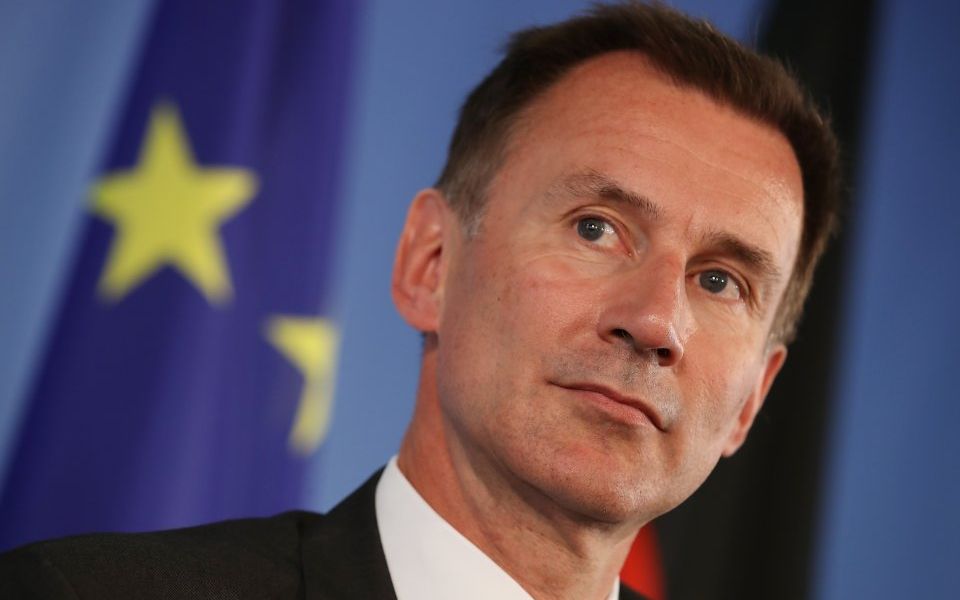Hunt: EU must ‘get house in order’ to counter Russian threat to way of life

Foreign secretary Jeremy Hunt is today set to call on the EU to “go further” when it comes to imposing sanctions against Russia, claiming that President Putin’s regime has “made the world a more dangerous place”.
The secretary of state will note that allies must “get our own house in order” to meet new challenges posed by the likes of Putin.
“Today the UK asks its allies to go further by calling on the EU to ensure its sanctions against Russia are comprehensive, and that we truly stand shoulder to shoulder with the US,” he will say. “That means calling out and responding to transgressions with one voice whenever and wherever they occur, from the streets of Salisbury to the fate of Crimea.”
The US has criticised the EU for failing to respond as strongly to Russia’s moves to subvert western democracies, as the Trump administration pushes back against the impression it is soft on the Kremlin.
Earlier this month, the White House signed off on sweeping new sanctions which it blamed on the Salisbury attack on Sergei Skripal and his daughter Yulia, which took place in March. These sanctions are expected to take place from tomorrow.
Most of the UK’s sanctions are currently imposed at an EU-level, however the recently passed Magnitsky Act allows the UK to impose sanctions on people who commit gross human rights violations.
There have been calls for the UK to look at tightening sanctions in the City, following accusations of “dirty money” being laundered through the system.
Hunt will use the same speech to urge allies to “rebuild the strongest possible alliances”, adding: “Those who do not share our values need to know that there will always be a serious price to pay if red lines are crossed – whether territorial incursions, the use of banned weapons or, increasingly, cyber attacks.”
But he will also warn that one of the biggest threats to these strategic alliances is a no-deal Brexit, which could cause a “a fissure in relations between European allies that would take a generation to heal – a geostrategic error for Europe at an extremely vulnerable time in our history”.